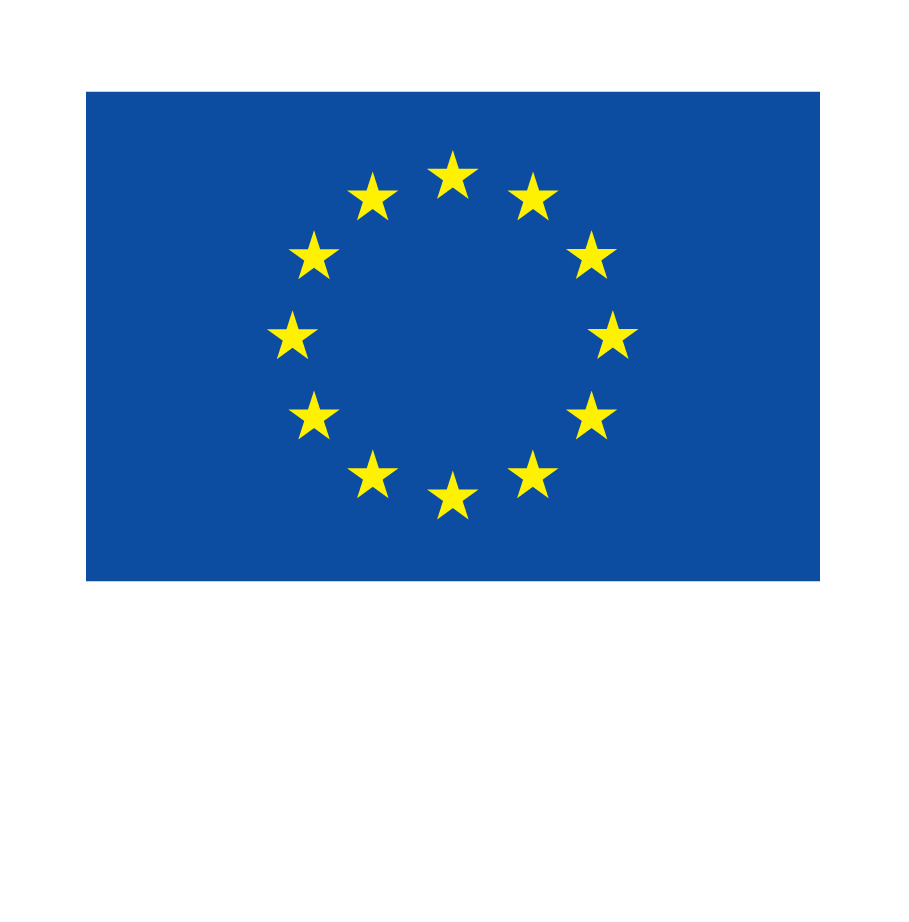D2.1 Working paper on the NAVIGATOR methodology
By Leonard Seabrooke (CBS) and Ole Jacob Sending (NUPI)
NAVIGATOR’s primary goal is to contribute to the revitalization of a multilateral governance system that strengthens an international order based on rules, thereby promoting the core values and interests of the European Union (EU). Enhancing the multilateral system should be informed by a thorough understanding of the strengths and weaknesses of different multilateral organizations, as well as the opportunities and costs associated with reform or alternative governance arrangements. By leveraging this knowledge, actionable strategies can be developed based on the EU’s strengths and values, as well as those of its member states.
NAVIGATOR posits that one key means to enhance Europe’s role in an international rules-based order is to develop a search mechanism to enable the European Commission and other key EU actors to compare the strengths and weaknesses of existing multilateral organizations. Importantly, this search tool should not only look for the formal public arrangements we often focus on, such as intergovernmental organizations like the OECD and World Bank, but also the role of private sector, civil society, and hybrid organizations that have gained attention in recent years.
Ideally this tool can determine which organizations can be reformed and which may be too costly to reform. It will also facilitate the identification and assessment of alternative options. Based on these insights, action strategies will be developed to strengthen multilateralism.
This paper on NAVIGATOR methodology seeks to achieve a simple objective: to map out the data needs to answer the key questions in the project, to think through what data is useful to compile the ‘nest’, and to consider a range of methodologies to explore within issue areas a well as across them.


